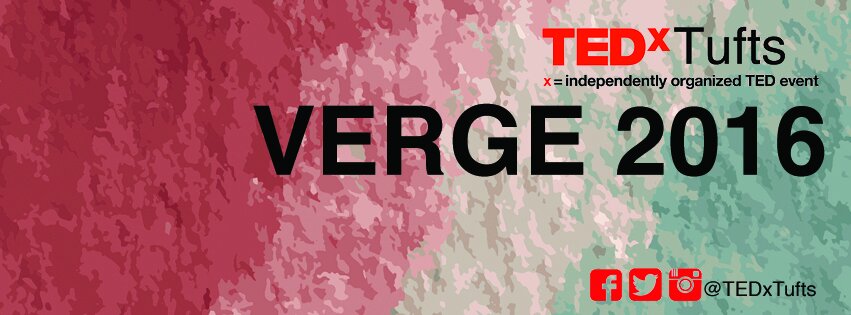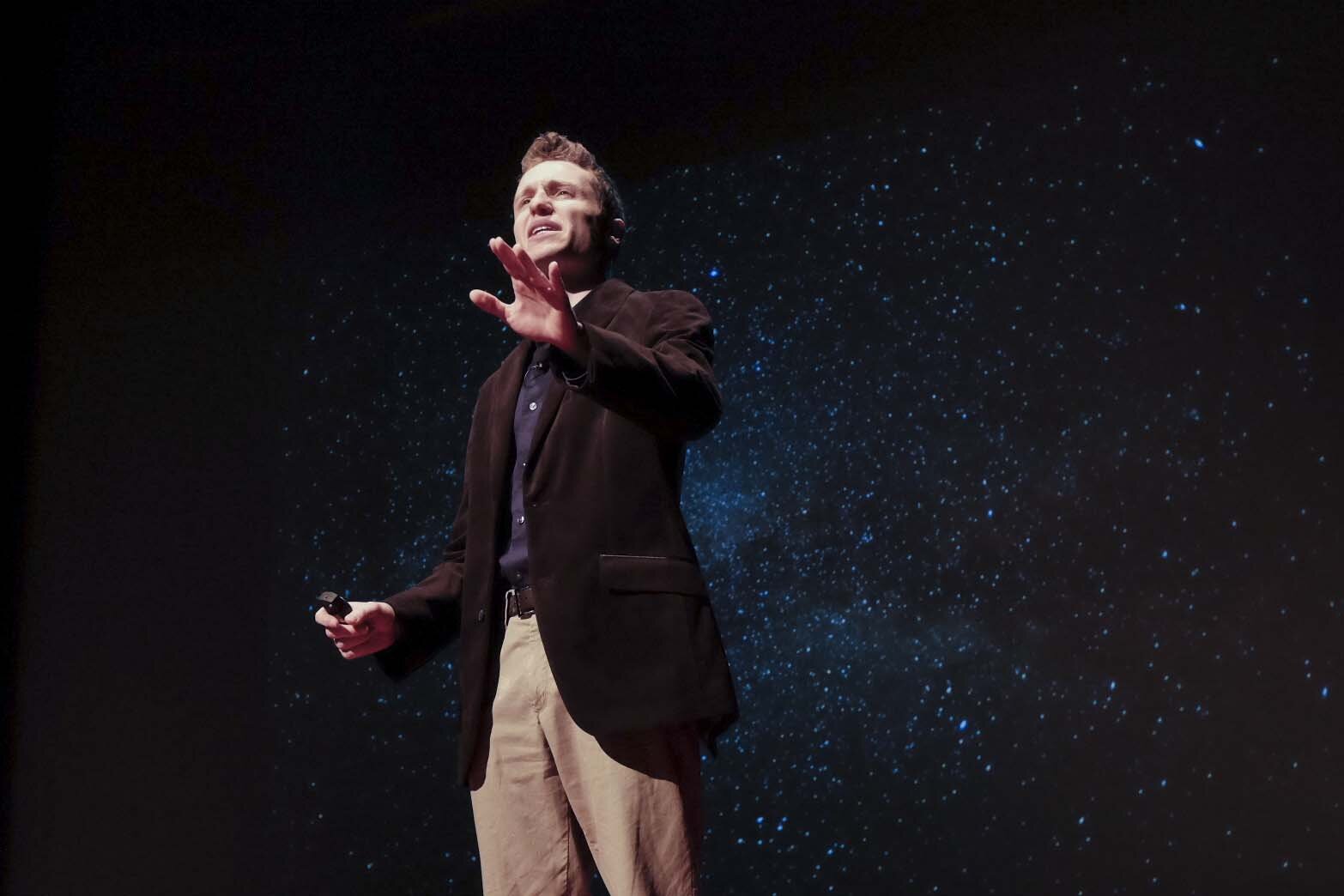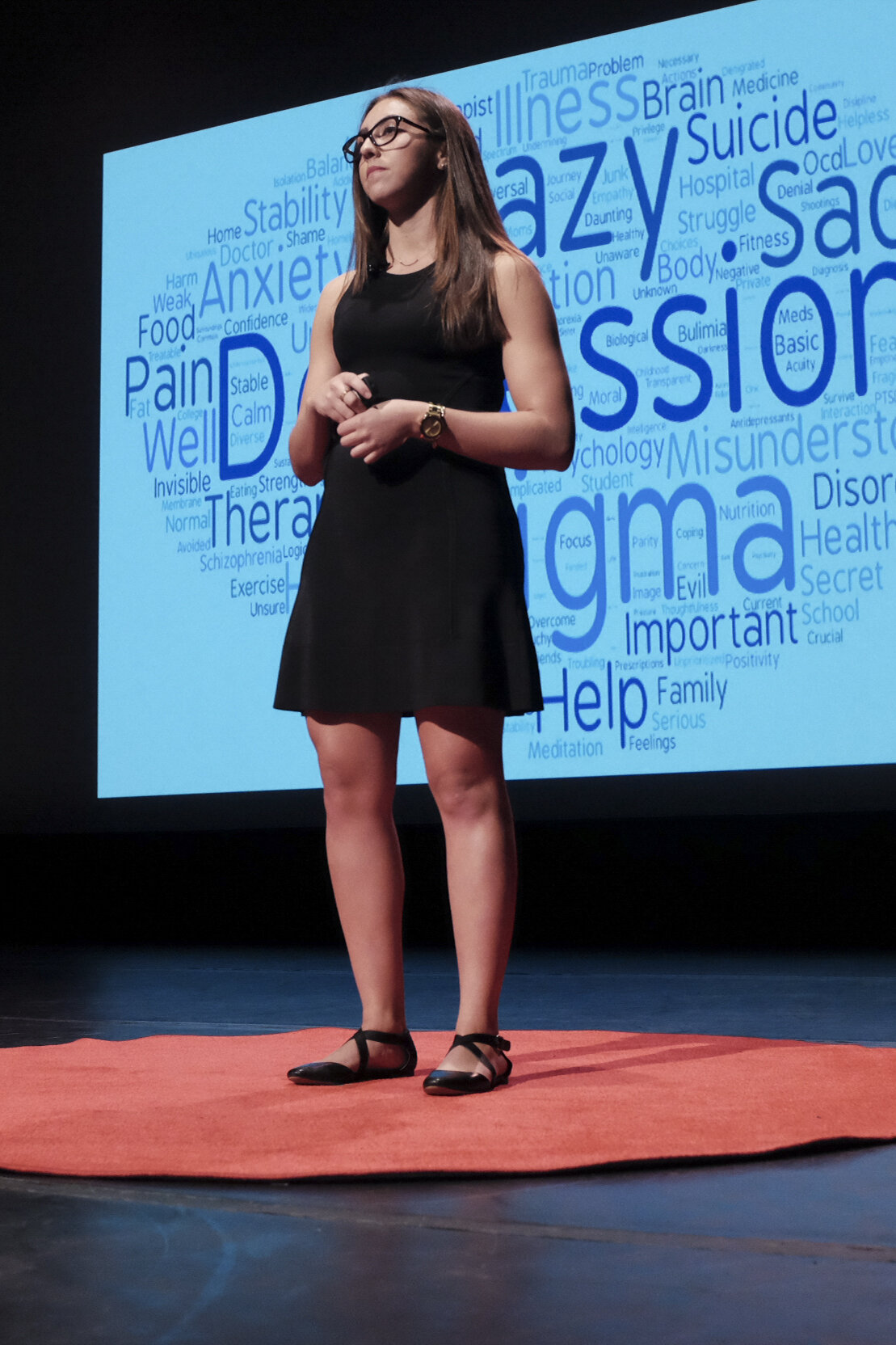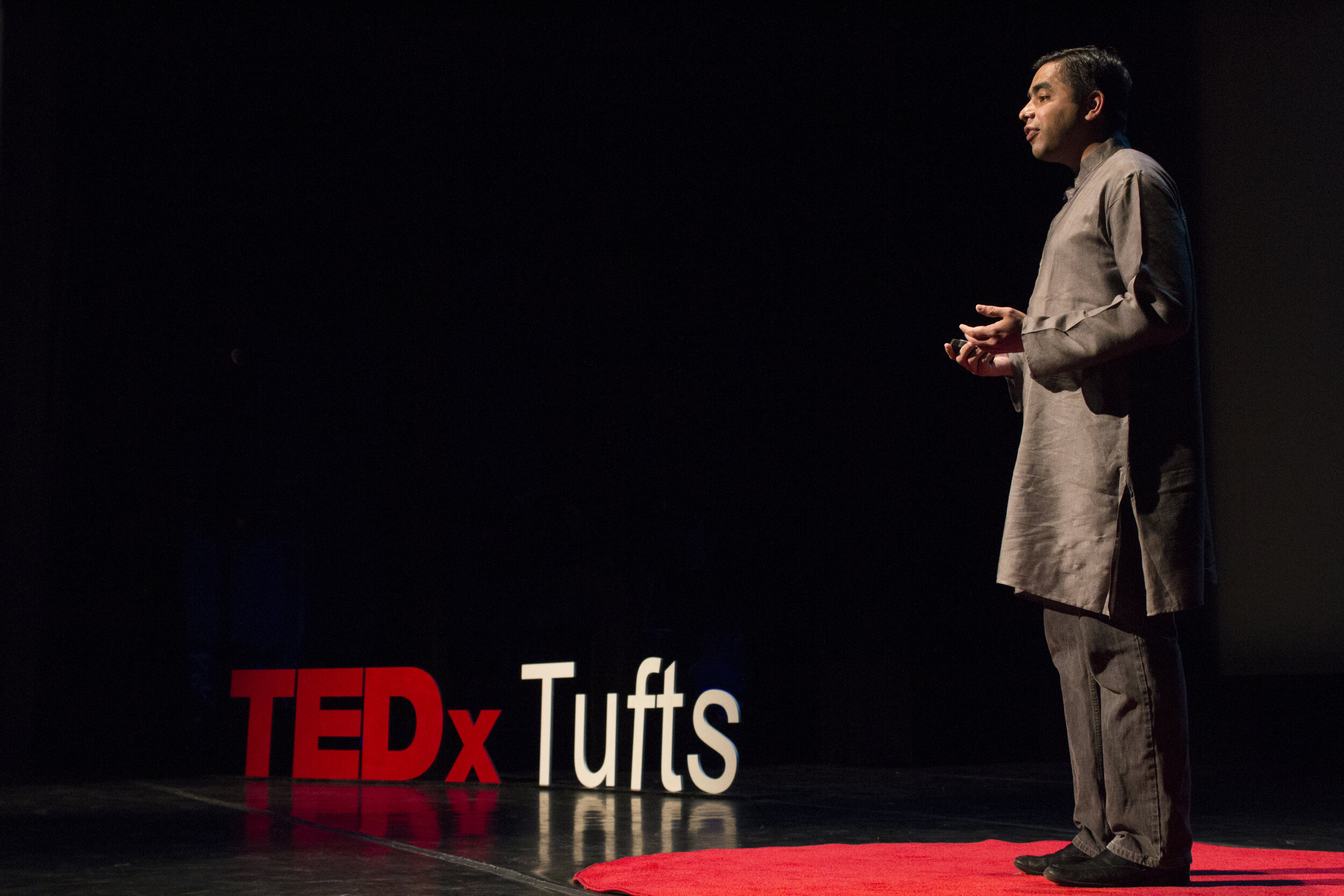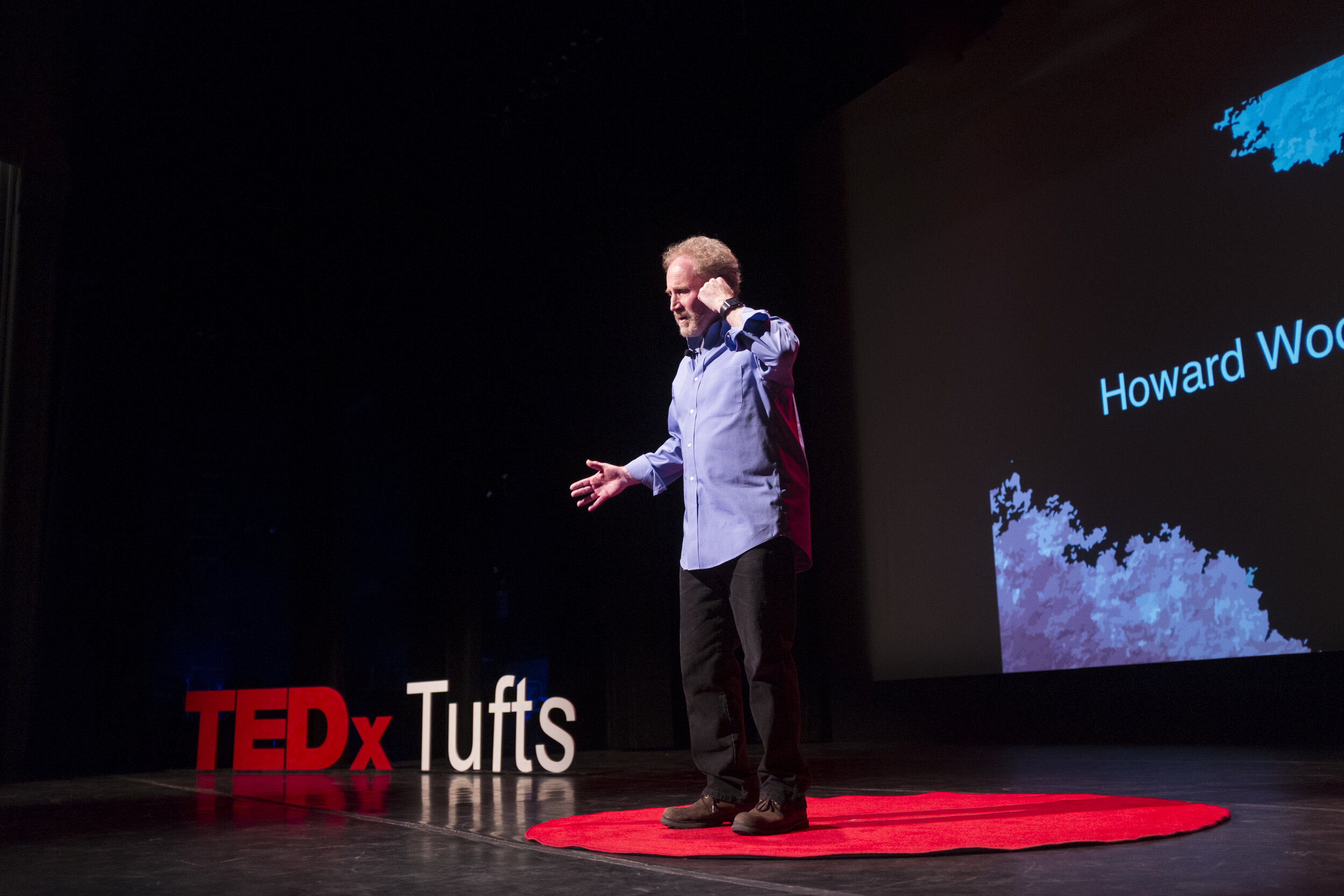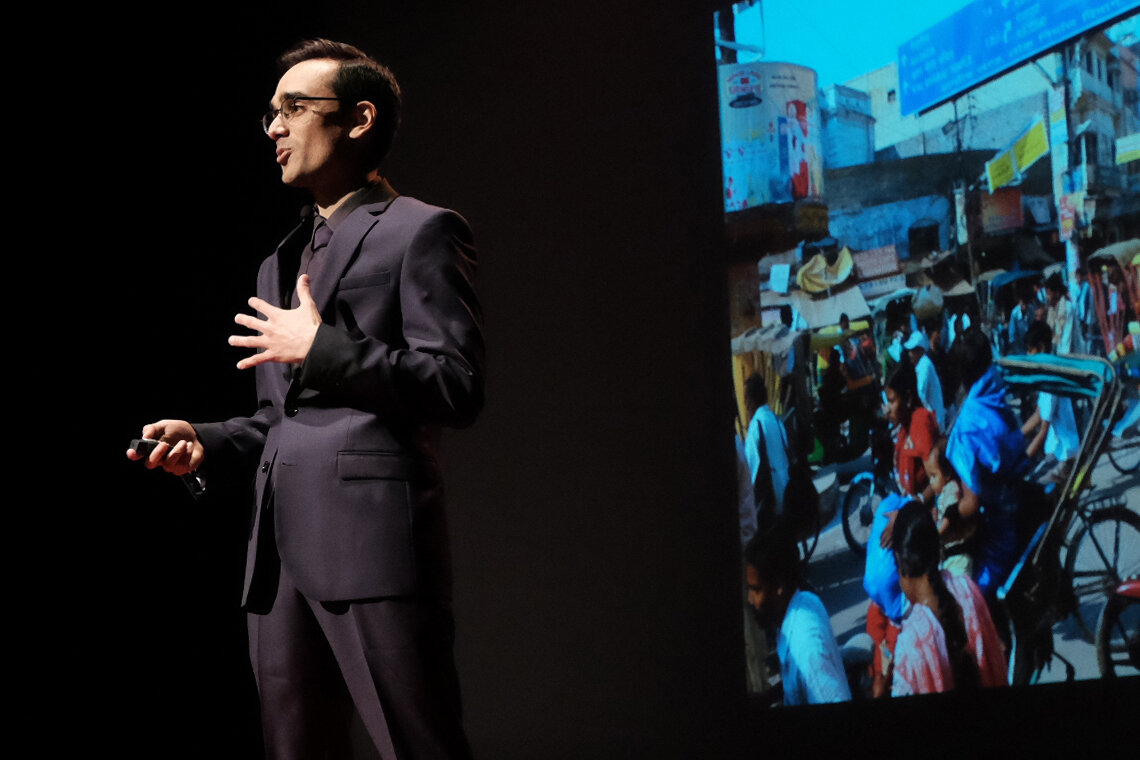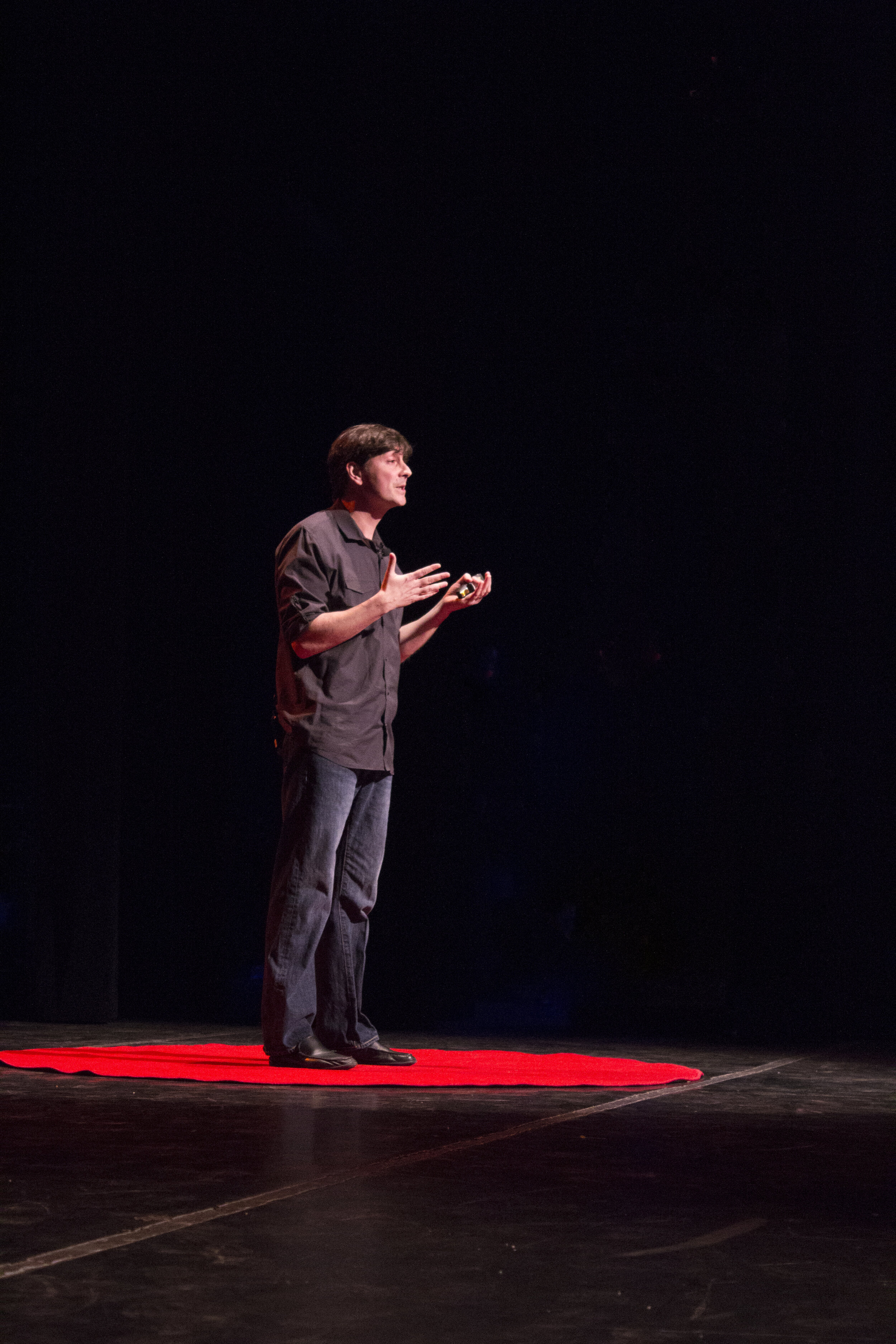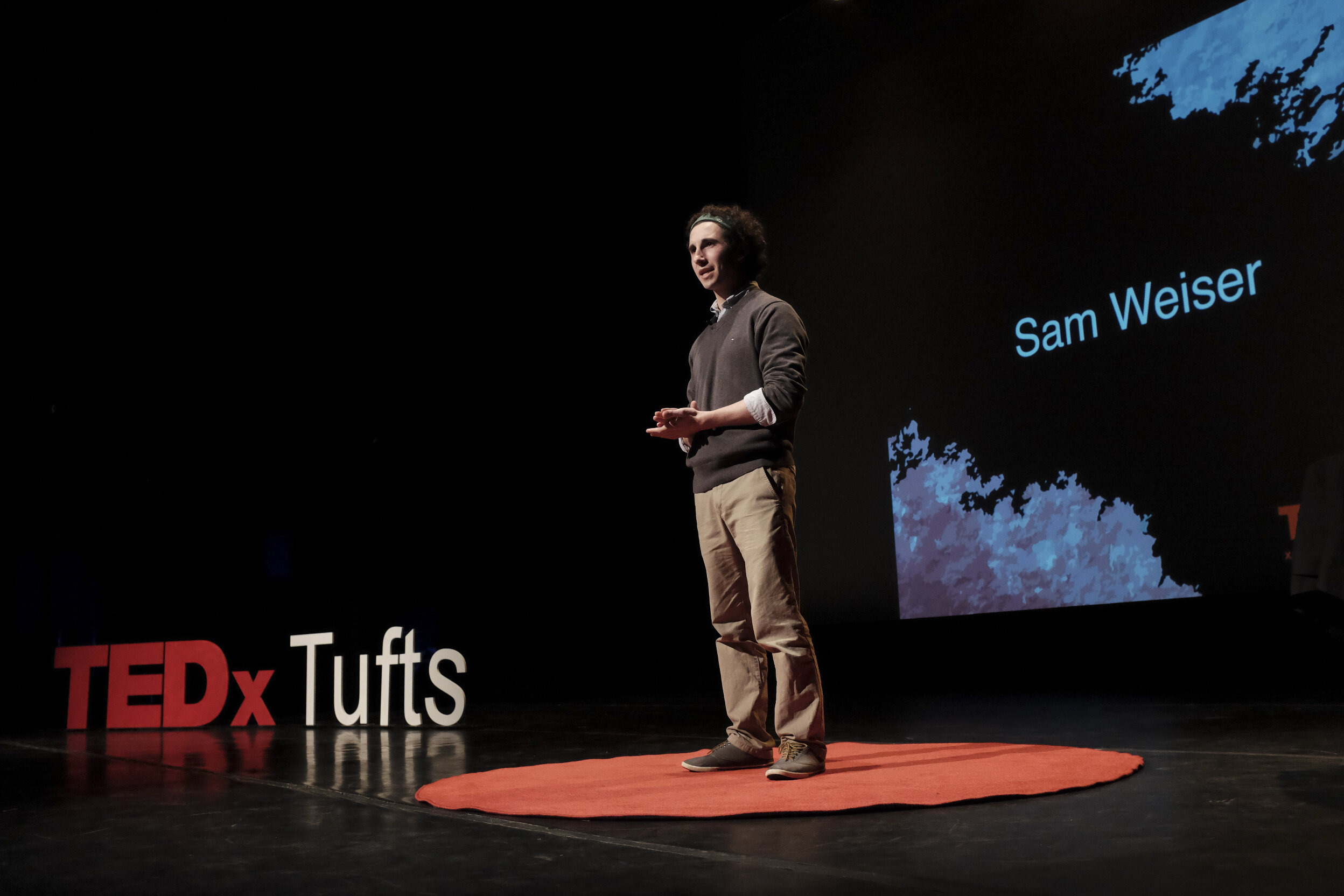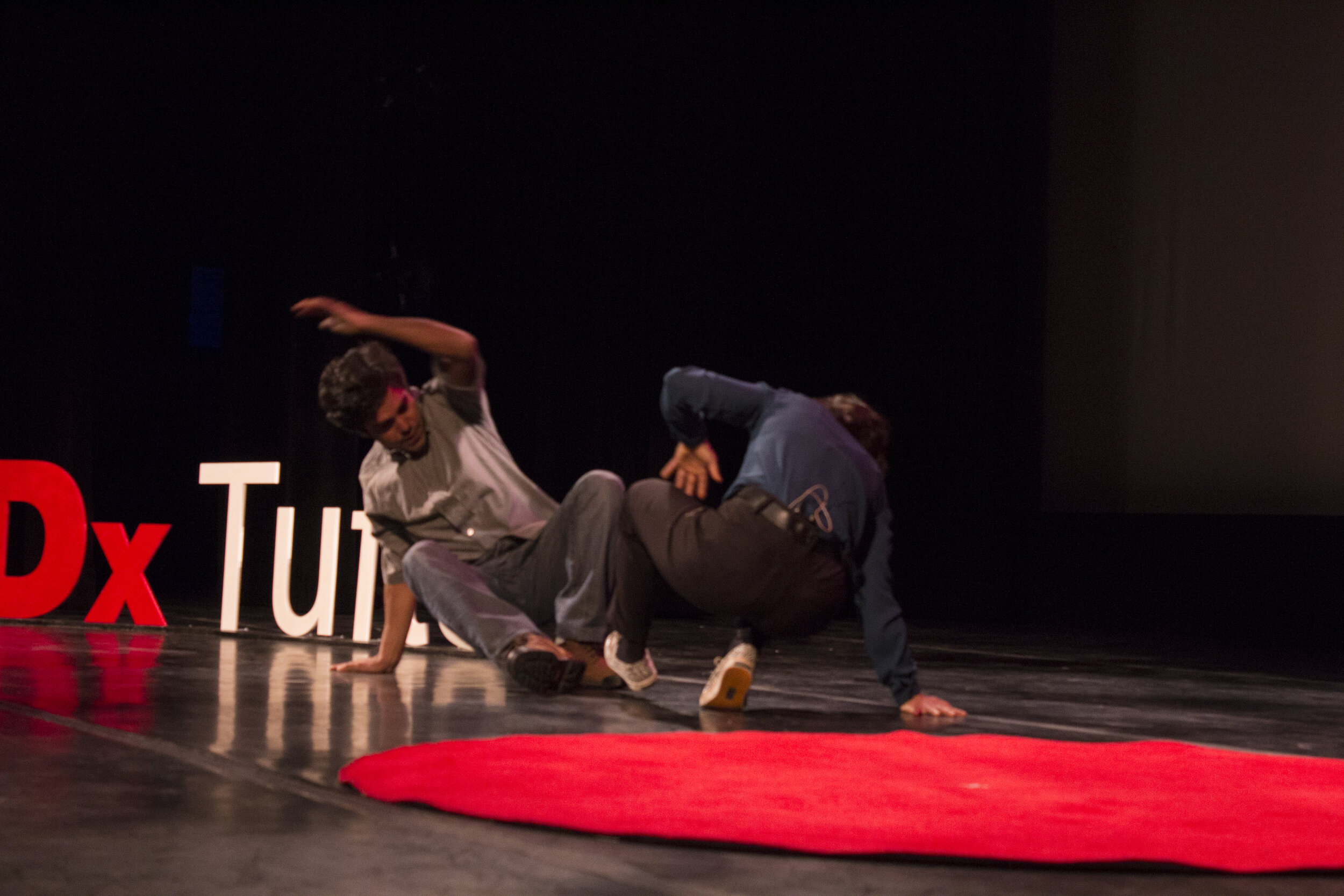Verge
2016
Talks:

How can making a decision with moral significance shape your identify? Listen to Sasha Chanoff’s moving personal story on how he found his calling on a rescue mission in the Congo that prompted him to start an organization aimed towards helping refugees. Learn from Sasha how you can use difficult moral decision points in your life to reveal your unique competence in the world. Sasha Chanoff is the founder and executive director of RefugePoint, a humanitarian organization that finds lasting solutions for the most at risk refugees. Recognized widely through media and social entrepreneurship accolades, RefugePoint was initially developed at Tufts where Sasha received his Master's in Humanitarian Assistance through the Fletcher and Nutrition Schools and guidance and instrumental support from the Institute for Global Leadership. Sasha's book, From Crisis to Calling: Finding Your Moral Center in the Toughest Decisions, will be published on June 6, 2016.

Ever been confused as to where to eat? We’ve all been there. Imagine if we had data to help us make these decisions. Tune in to see how Neal Jawadekar and his team created a restaurant-grading system for Boston. Data is available and all around us - learn from him how we can empower ourselves with it. Neal Jawadekar graduated with a BA/MPH from Tufts University in 2014, where he played on the tennis team and co-founded the Association of Multiracial People at Tufts. He is currently a Big Data Analyst at Predilytics, an advanced healthcare analytics company.

What are your subtle biases? Everybody has them, but we have a hard time acknowledging and coming to terms with them. Jennifer Perry takes on a neurological perspective to discuss the importance of accepting our subtle biases and using our motivated empathy to help address societal issues.

What do you think of when you hear Artificial Intelligence? Do you think of movies about a robot apocalypse? Debunking this popular belief, Max Bennett explains how our future with artificial Intelligence is not the plot of a movie and how we can use empiricism and knowledge about human cognition to create a better world with artificial intelligence.

Some questions are best left unanswered, right? Wrong. At a deep psychological level, human beings have a need for closure. How does this closure make us simplify some of the world’s most complex matters? Watch to see why we are drawn to simple answers and what we miss when we accept them.

How does music make you feel? Violinist Sam Weiser explores the idea of classical music as a narrative art form. Unbeknownst to many, the biggest musicians are some of the world’s greatest storytellers. Sam believes that we should break down the barriers that surround classical music today and bring its creative potential to a wider, younger audience.

How can video games fuel positive disruption? Listen to Mahmoud Jabari talk about how he and his team used a video game to educate young men and women in the Middle East about equality and gendered violence. Mahmoud emphasizes the need for collaboration to overcome physical and cultural barriers in order to make positive change in the world.

Why do we treat our physical well-being and mental well-being so differently? When we tear our ACL, we give our body time to recover. But when we’re suffering from a mental illness, we rarely take the time to properly care for ourselves. In her talk, Jimena Sanchez Gallego talks about how mental health is not just about mental illness, it is about mental well-being. Jimena’s personal story and research goes a long way in breaking the stigma around mental health on college campuses today.

What did you think of your undergraduate education? Was there ways you thought it could be improved? Listen to Howard Woolf discuss the alternatives to those old creaky structures -- the lecture, the test, the primacy of information over process and practice -- that still dominate undergraduate education.

How do you feel about chemistry? If you dislike chemistry, or think it’s inaccessible, you’re not alone. Jordin Metz wants to break down the barriers to chemistry, and show people that chemistry is all around us. Whether you love or hate chemistry, Jordin wants you to find the relevance of chemistry in your life.


